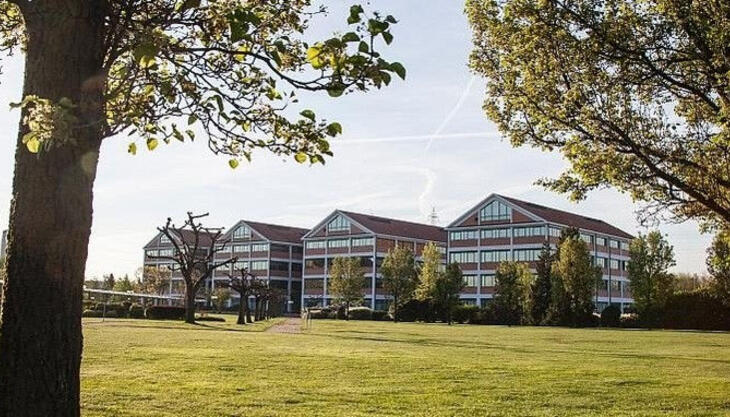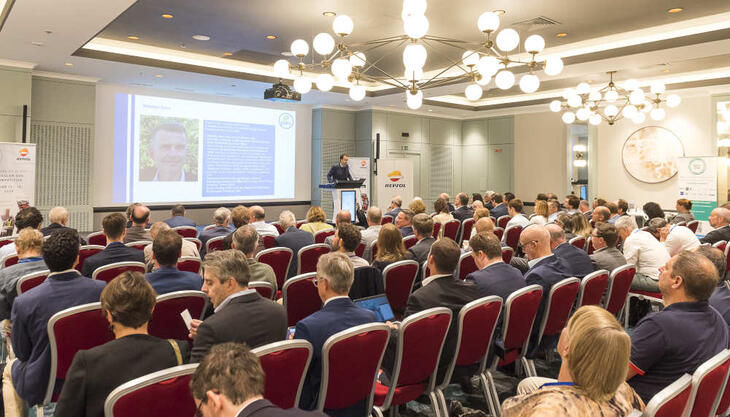Economic turmoil and European industry
The main aim of a paper released jointly by PlasticsEurope, EuPC and Euromap is to outline the ways in which the plastics industry can effectively contribute to gearing up for the recovery. This is not only important for economic recovery in general, but also to ensure that employment is maintained at the highest possible level. The financial, economic, social and employment dynamics of the global crisis call for equally strong interlinked policy responses, which will ultimately benefit the environment as well. Despite attempts to find solutions, Europe still finds itself facing the worst economic crisis in over sixty years, and the plastics industry has been heavily affected, mainly due to the impact of the crisis on downstream users such as the automotive and building & construction industries in particular. During the last quarter of 2008, all plastics sectors showed a downward trend of up to 30-40% and the first quarter of 2009 has not shown any significant and durable improvement, which predicts an unattractive forecast for end-ofyear results. While the economic outlook remains very uncertain and real GDP is expected to dramatically fall in the euro area in 2009, history has shown that opportunities remain even in times of recession. Innovation is part of the solution, and the plastics industry is eager to take responsible actions and contribute where it can to the recovery. Over the past few decades, the European plastics industry has demonstrated that it contributes to sustainability, in particular in the development of eco-efficient applications, as illustrated below.


















